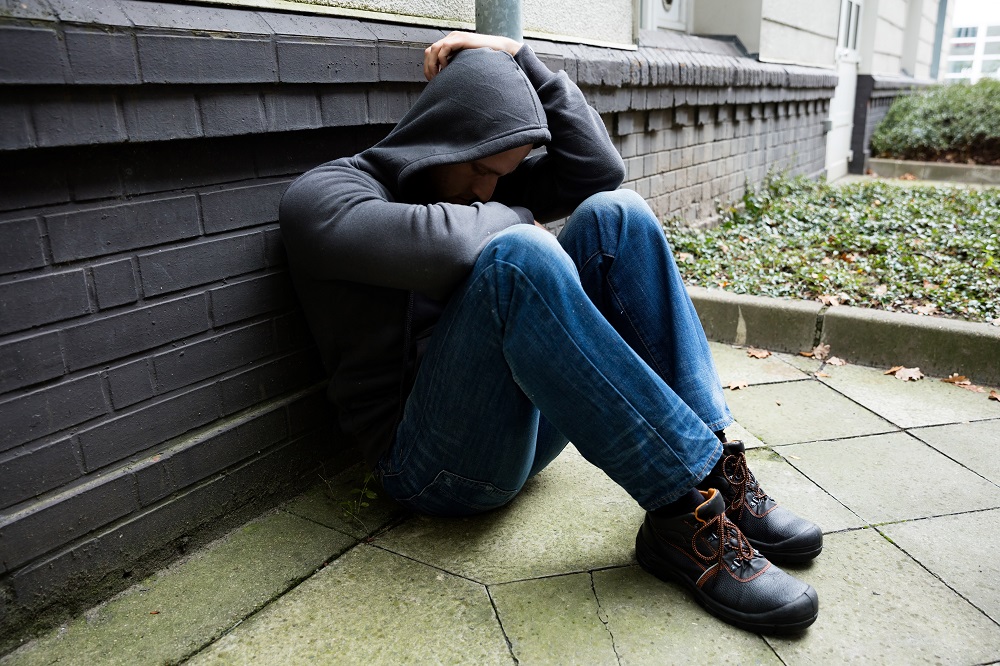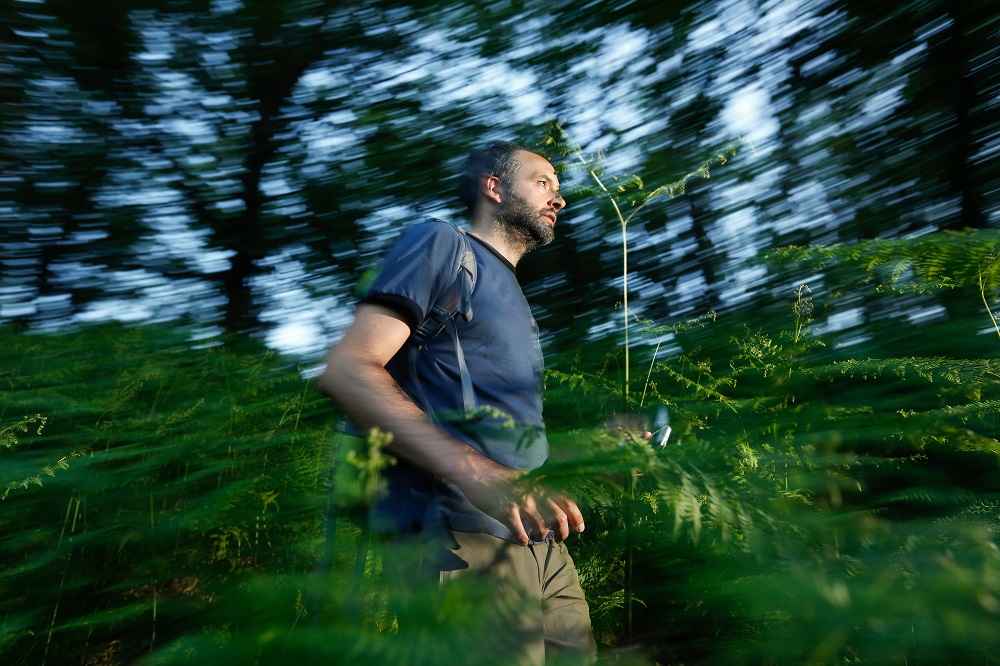HALLUCINOGEN ADDICTION TREATMENT CENTER IN ORANGE COUNTY
Sections: What Are Hallucinogens? | Types | Causes of Addiction | Effects | Signs & Symptoms | Withdrawal | Treatment | Hope
At Yellowstone Recovery, we understand the unique nature of hallucinogen-related challenges. While substances like LSD, psilocybin (found in psychedelic mushrooms), and mescaline are not addictive in the same way as opioids and stimulants, they can still pose significant health risks.
Our program is tailored to address these specific issues, providing a comprehensive approach to recovery from hallucinogen addiction. The experienced team at Yellowstone Recovery offers compassionate care, helping clients understand and heal from the underlying causes of their drug abuse while addressing any lasting psychological effects.
WHAT ARE HALLUCINOGENS?
Hallucinogens are psychoactive substances, which means that they have an intense effect on the brain, altering one’s perception and mental state significantly. There are three categories of hallucinogenic drugs:
- Psychedelics: The most well-known type of hallucinogens, psychedelics produce strong perceptual distortions and hallucinations and are often touted as being able to “open the mind” or provide a feeling of religious significance or awakening. These are the drugs that we often associate with the “trippy” 1970s psychedelic ¹
- Deliriants: As their name suggests, these drugs drastically interfere with mental function, causing delirium. In this state, a person is in constant confusion and can become unable to control their actions. The hallucinations produced by deliriants can also be extremely unpleasant.²
- Dissociatives: These hallucinogens create visual and auditory distortions, hallucinations, and/or trance-like states. What sets dissociatives apart is that they give users a sense of becoming detached from oneself and one’s environment, even though they are still quite lucid.³
COMMON TYPES OF HALLUCINOGENIC DRUGS
The following are examples of common hallucinogens from all three categories:

-
- Psychedelics
- LSD
- Psilocybin mushrooms (“shrooms”)
- Mescaline
- DMT
- Deliriants
- Diphenhydramine (Benadryl)
- Atropine
- Scopolamine (Hyoscine)
- Dissociatives
- Ketamine
- Phencyclidine (PCP)
- Nitrous oxide (aerosol propellant, “laughing gas”)
CAUSES OF HALLUCINOGENIC DRUG ADDICTION
The exact mechanism of addiction depends upon the type of hallucinogenic drug being taken. However, the general idea is that the drugs disrupt the brain’s natural function, binding to various receptors and altering the person’s brain chemistry. As a result, a person develops an addiction and begins to need the drug’s chemicals to function without feeling ill.
Society has a tendency to see addiction as something that a person chooses to take part in because they don’t care about their responsibilities and simply want to escape. However, it is important to recognize that hallucinogen addiction is not caused by a desire to feel good—it is a recognized disease with a known physiological basis.
HOW HALLUCINOGENS AFFECT THE BRAIN AND BODY
- Psychedelics

drugs create the distortions and hallucinations they do by interfering with receptors for naturally occurring brain chemicals like glutamate and the neurotransmitter serotonin. Disrupting this brain chemistry has a number of both short- and long-term effects, some of which can be extremely damaging. Repeated or heavy use of these substances can lead to changes in how these receptors function or how serotonin is regulated in the brain.
The risk of developing an addiction to hallucinogens, while generally lower than with substances like opioids or stimulants, is influenced by a complex interplay of biochemical, genetic, psychological, and environmental factors. Understanding these factors is critical in addressing hallucinogen use and providing effective treatment and support.
It’s also important to note that the impact of hallucinogens can be influenced by the psychological and emotional state of the user at the time of use, as well as the environment in which these substances are used. These factors can play a significant role in determining the long-term psychological impact of these substances.
SIGNS & SYMPTOMS OF HALLUCINOGEN USE AND ADDICTION
While not every experience with a hallucinogen will result in a dependency, those who use these drugs long-term face especially significant risks. A person struggling with an addiction to hallucinogenic drugs will begin to show noticeable physical and behavioral symptoms.
Some of the short-term symptoms of hallucinogen use include the following:
- Increased heart rate, high blood pressure
- Sense confusion (e.g., being able to “see” music)
- Visual and auditory distortion
- Increased senses, touch sensitivity
- Deep spiritual feelings
- Panic, paranoia
- Upsetting hallucinations (“bad trips”)
- Profuse sweating
With an addiction that leads to long-term use, the symptoms can become much more distressing and dangerous:
- Psychosis, persistent hallucinations
- Anxiety
- Memory loss
- Depression, suicidal thoughts
- Flashbacks to previous “trips” (frequency and duration vary)
- Noticeable shaking
- Dangerous, disruptive or criminal behavior
- Kidney and/or bladder problems
The symptoms of hallucinogen addiction can vary significantly from one individual to another, influenced by personal biochemistry and psychological factors.
HOW WITHDRAWAL FROM HALLUCINOGENS AFFECTS THE BODY
Symptoms of withdrawal vary somewhat based on the type of hallucinogen taken and the amount of time that a person has been addicted to it. The following are just a few of the possible symptoms that can occur if hallucinogens are withheld from an addicted person:
- Extreme muscle tension, general stiffness
- All-over shaking, tremors
- Seizures
- Increased heart rate and blood pressure
- Fast, heavy breathing
- Dangerous swings in body temperature (extreme chill, extreme fever)
- Coma (in especially severe cases)
THE VALUE OF SEEKING PROFESSIONAL HALLUCINOGENIC DRUG ADDICTION TREATMENT

The risks presented by hallucinogen withdrawals are significant and can even be life-threatening if you don’t have emergency help close at hand. If a person suffers a seizure, develops a dangerously high fever, or slips into a coma, for example, not being able to get immediate medical help could lead to permanent brain damage or death. In a professional hallucinogenic drug addiction rehab environment, clients can detox in a comfortable, medically safe environment.
Upon admission, rehab experts work to develop a hallucinogenic drug detox plan for each client that will minimize withdrawal symptoms as much as possible. Throughout the initial detox period, experienced healthcare providers are always available to respond to emergencies or unusual changes in patient vital signs (heart rate, blood pressure, etc.). Once clients complete detox and are free from the physiological addiction, they usually move into a residential program that requires them to remain on-site at the rehab facility for the duration of treatment.
During residential treatment, clients work with professional counselors and addiction rehab specialists to understand the psychological and behavioral aspects of their addiction, as well as learn coping strategies for long-term recovery. Individual and group sessions allow clients to have private conversations, as well as find strength and support through peers.
If a client doesn’t require detox, he or she may choose to enter an outpatient treatment program that focuses on providing counseling and support without restricting the client from leaving the hallucinogenic drug addiction rehab facility. This allows clients to easily maintain a job or address other responsibilities while still seeking treatment. Outpatient treatment may also be used as a follow-up to residential treatment.
YELLOWSTONE RECOVERY OFFERS HOPE FOR HALLUCINOGENIC DRUG ADDICTION
If you or a loved one are struggling with an addiction to hallucinogens, all is not lost: Yellowstone Recovery in Southern California offers experienced, compassionate hallucinogen detox and rehabilitation for individuals from all walks of life. Whether this is your first time to a professional treatment facility or you need a caring hand to help you get back up after a relapse, our friendly staff will get you the help you need and treat you with the dignity and respect you deserve as a human being.
Our treatment center offers the following recovery options and resources:
- Medically monitored hallucinogenic drug detox
- Residential treatment
- Outpatient treatment
- Intensive outpatient (IOP) treatment
- Aftercare resources (e.g., career and sober living assistance)
Hallucinogen addiction can make you feel helpless, but it doesn’t have to last forever. The sooner you reach out for help, the sooner you’ll be living your life the way it was meant to be: full of freedom and joy. Call Yellowstone Recovery today at (888) 418-4188 to get started.
Sources
- Treatment Options
- Program Curriculum
- Program Services








